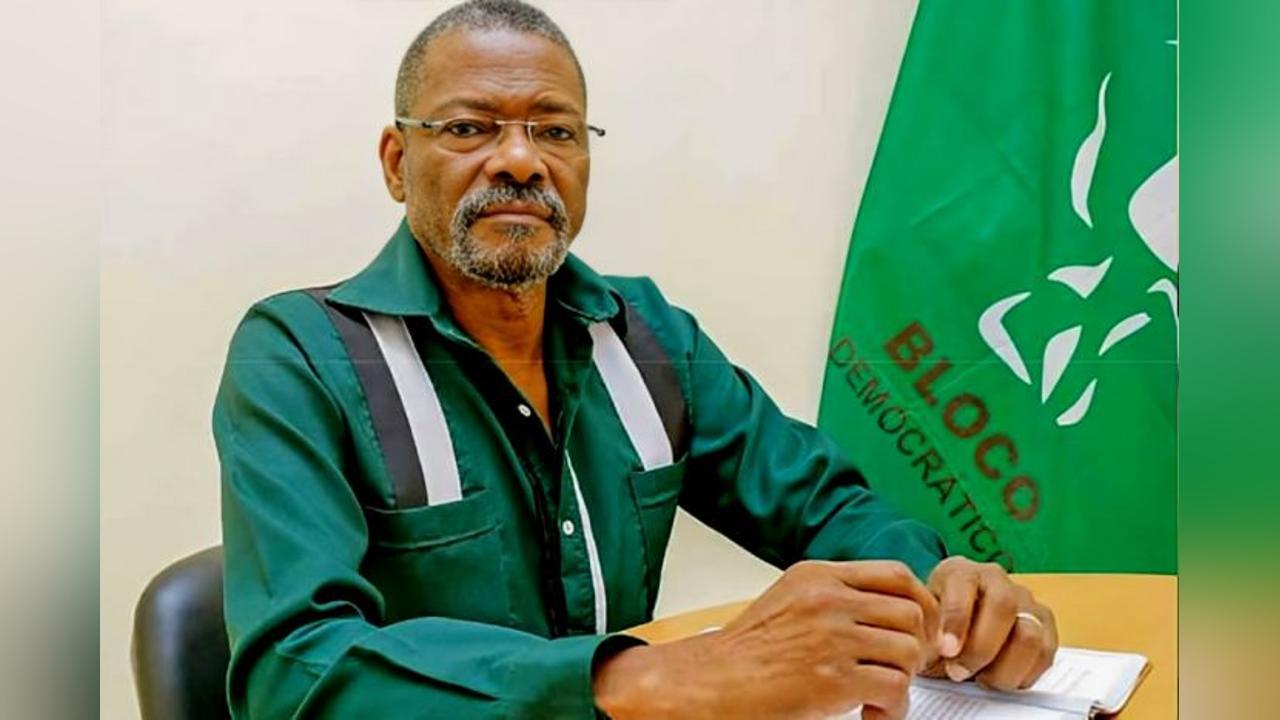Africa-Press – Angola. Filomeno Viera Lopes was re-elected as the new president of the Democratic Bloc (BD) in the early hours of this Monday, 08, in a conclave marked by the large number of votes against despite being a single candidacy.
“He only passed because he was the only candidate. We received and continue to receive many votes against,” a source from the independent electoral commission told Novo Jornal.
The vote against, according to Novo Jornal’s findings at the vote counting center in the municipality of Talatona, is a sign of discontent among activists.
At this 5th National Convention of the BD, only the secretary-general, Muata Sebastião, was elected by the delegates, while the president and vice-president were chosen directly by the members, an innovation in the Angolan political scene.
Due to difficulties in sending data from the provinces to the country’s capital, the party’s vice-president has not yet been found, a position disputed between militants Nelson Eduardo Guerra Pestana and Américo de Jesus Valentim Vaz.
It should be noted that after the election of the president and vice-president, the new party leadership will call a meeting to decide its position in the United Patriotic Front.
However, by legal imperative, the BD must withdraw from the United Patriotic Front (FPU) in order to be able to compete in the 2027 general elections independently, under penalty of being eliminated from Angolan politics.
The Democratic Bloc did not officially participate in the 2022 elections (only some of its members entered through the UNITA list) and in the next election in 2027 it runs the risk of being extinguished if it is not included on the ballot paper again.
It should be noted that the Democratic Bloc (BD) emerged in 2010, following the extinct Front for Democracy (FpD), dictated by the failure to achieve the minimum required by Law of 0.5% in the 2008 elections.
One possibility, Novo Jornal learned, to get around the problems resulting from the law and the weak electoral representation of this party is its evolution into a social movement in order to remain in the FPU and contribute some of its leaders to the lists of the “Galo Negro” party.
For More News And Analysis About Angola Follow Africa-Press






